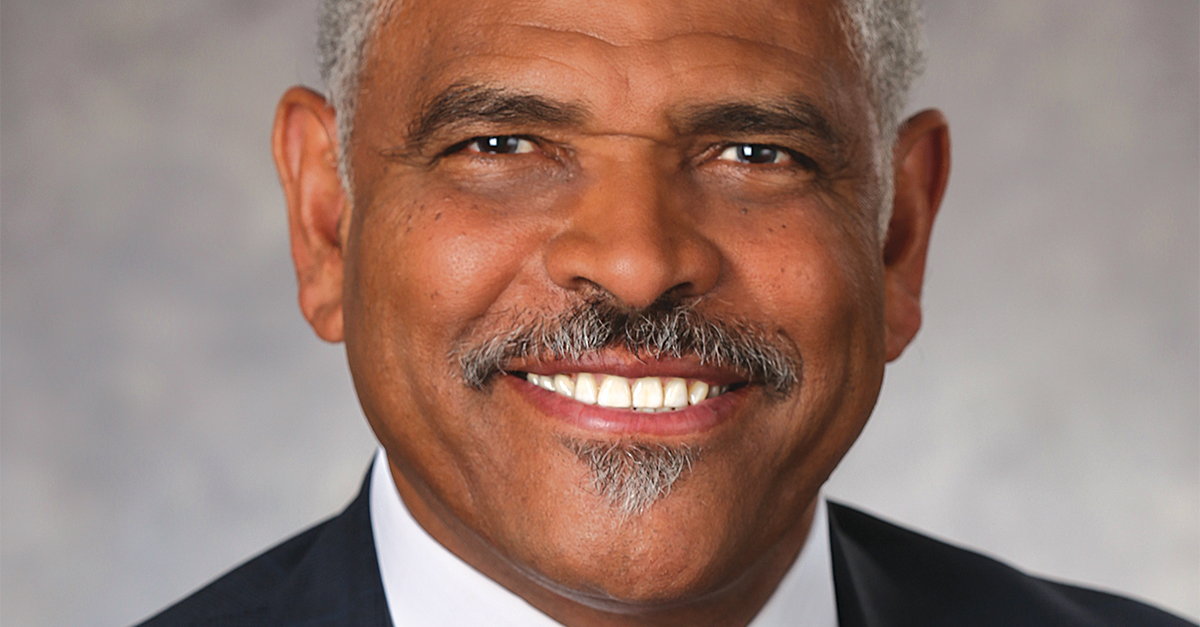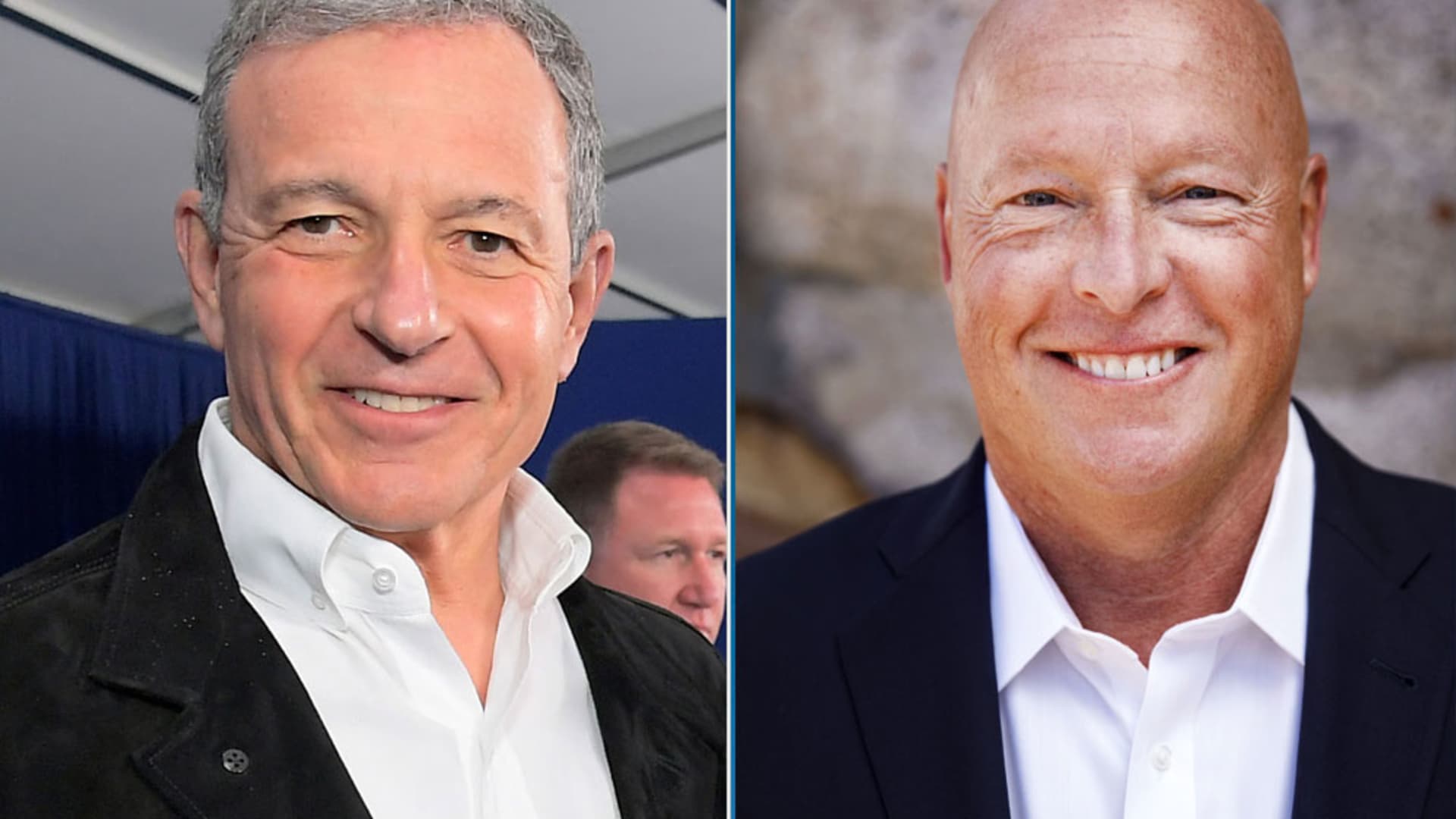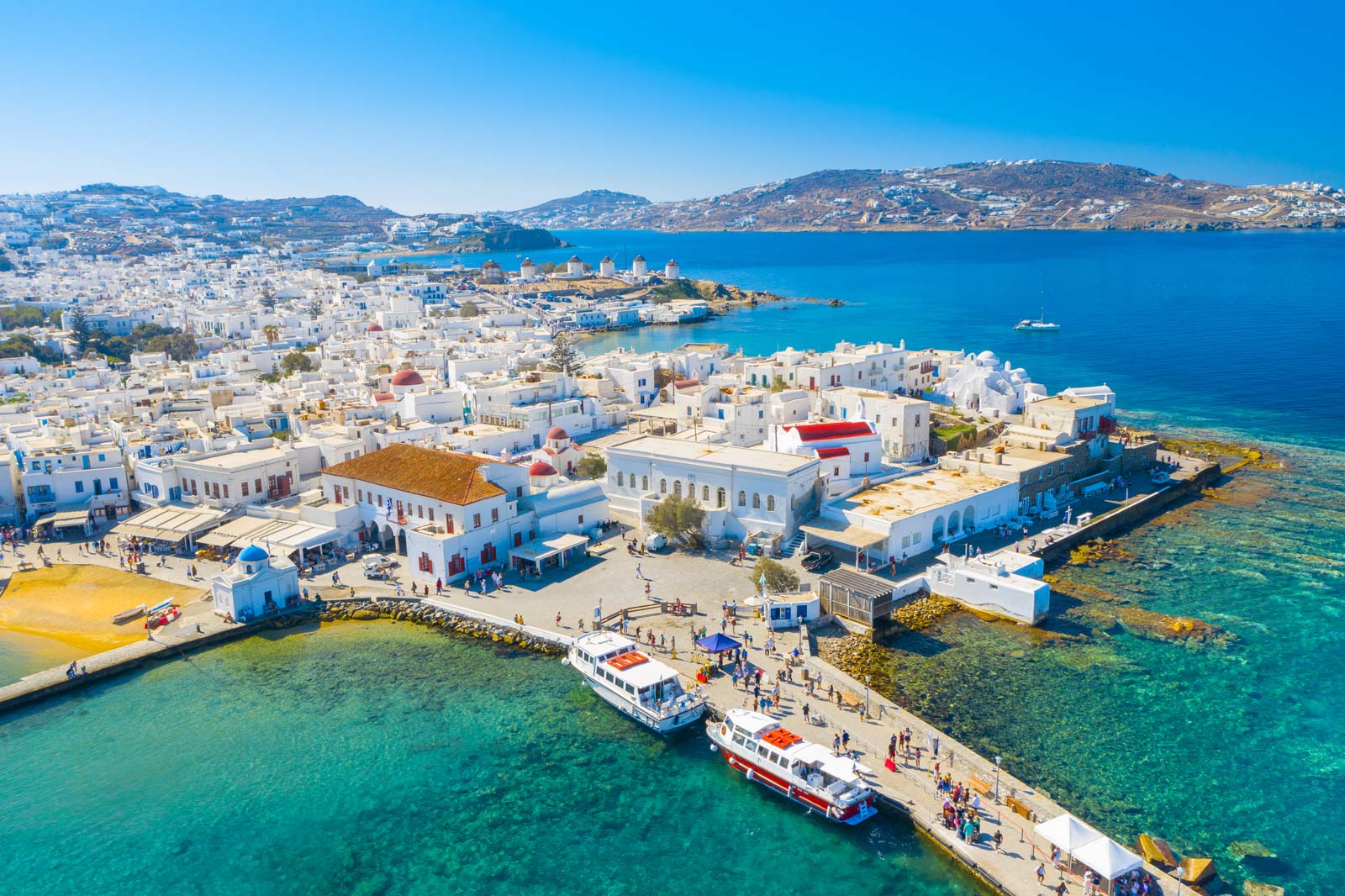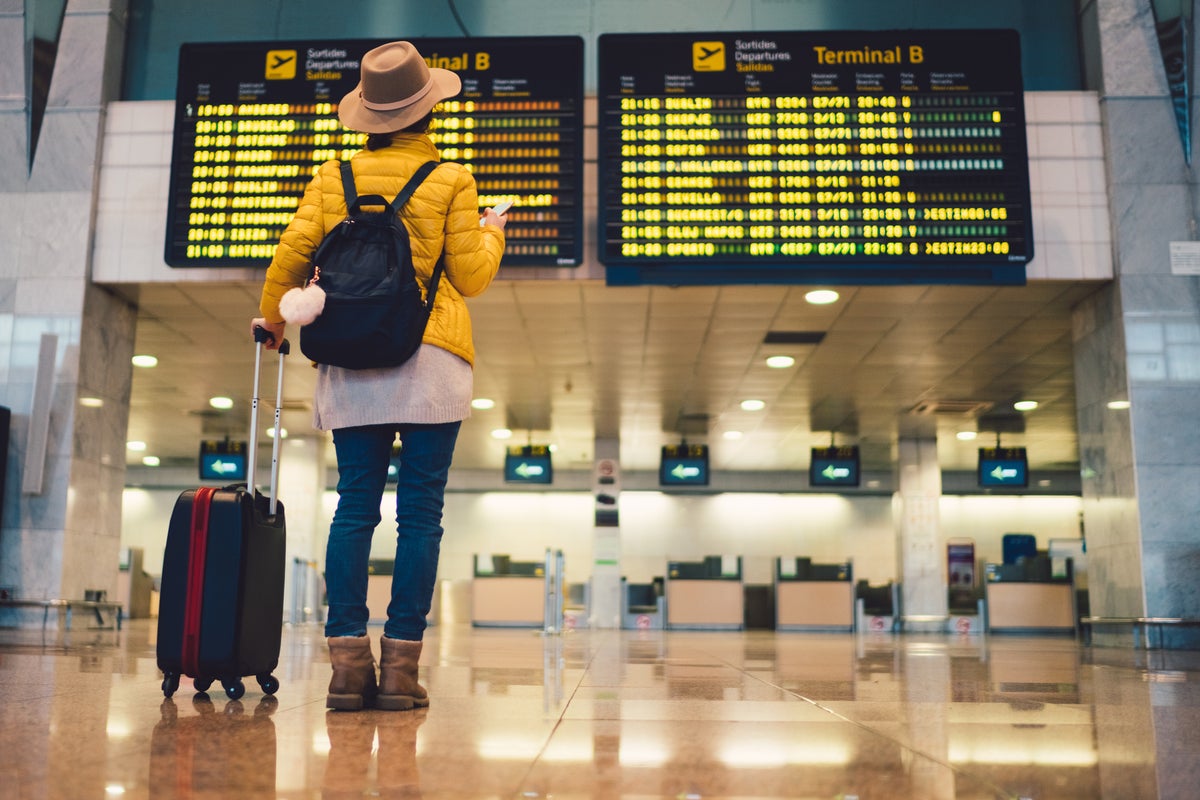WTTC Global Summit serves as ‘beacon’ for tourism in Africa
Host Rwanda hailed as example of a Continent ‘transformed’

The World Travel & Tourism Council (WTTC) Global Summit in Rwanda last week served as “a beacon” for tourism growth in Africa.
That is according to WTTC chair Arnold Donald, the former head of Carnival Corporation, who hailed “our first global summit on the African continent” in Kigali and said: “It’s long overdue.”
He pointed out “Africa is home to 54 countries and 1.4 billion people” and argued: “Africa has undergone a transformation in the last two decades and Rwanda stands as a shining example. People have a perception of Africa that doesn’t fit today. By having this summit we’re chipping away at that. Our presence in Africa is a beacon.”
WTTC president and chief executive Julia Simpson agreed “it’s about time” the summit was in Africa. She noted Rwanda “was torn apart” by mass killing 30 years ago but said: “It’s a nation transformed.”
Rwandan president Paul Kagame told the summit: “This moment is so meaningful for us. This was a place people fled from, a place the world looked at with horror. We vowed not to let this define us, to build a Rwanda where people could live in peace and that anyone in the world would want to travel to.”
Tanzania president Samia Suluku Hassan argued: “Africa has rich and abundant attractions [and] can utilise travel and tourism to drive investment.”
She stressed the need to “prioritise sustainable tourism practices” while inviting the private sector “to join our efforts”, saying: “Our doors are wide open. If you wait, you will be missing out.”
Burundi vice-president Prosper Bazombanza issued a similar call, saying: “Burundi has huge tourism potential. Our doors are open for investors.”
A WTTC report released at the summit forecast travel growth in Africa would outpace the rest of the world over the next decade. The report, ‘Unlocking Opportunities for Travel and Tourism Growth in Africa’, suggests the sector’s value in Africa will rise by 5.1% per year to $300 billion by 2033.
However, the WTTC argues growth in the continent could be higher if governments removed barriers to it. Simpson said: “Africa is full of potential but needs to address pressing challenges – limited air connectivity, skills shortages, the environmental footprint and negative perceptions.”
Lack of air connectivity remains a barrier
Travel in Africa remains limited by a lack of ‘open skies’ aviation agreements and visa restrictions.
South African tourism minister Patricia de Lille told the WTTC Summit: “For Africans to travel within the continent they have to leave Africa. Many fly to Dubai to fly back. We need urgency to get Africa connected. We can’t continue to talk about this for ever.”
She added: “We have to deal with visa regimes. Entry and exit is so difficult.”
RwandAir chief executive Yvonne Makolo agreed: “Africa is really under-served [with flights]. We’re looking to connect it. RwandAir is not only liberalising our skies, we’re liberalising our borders. Any tourist can come and get a visa at the airport.”
However, she said: “It’s not just open skies. It’s visas, infrastructure and high operating costs which translate into high ticket prices.”
Former Etihad Airways chief executive James Hogan suggested: “Africa is going to be the next frontier of aviation.” But he said: “It goes back to governments understanding the impact on jobs and the economy.”
Kenyan cabinet secretary for tourism and wildlife Alfred Mutua argued: “The biggest difficulty we’ve had as Africans is that for a long time we were taught to fear one another. It goes back to the days of colonialism.”

 Kass
Kass 































